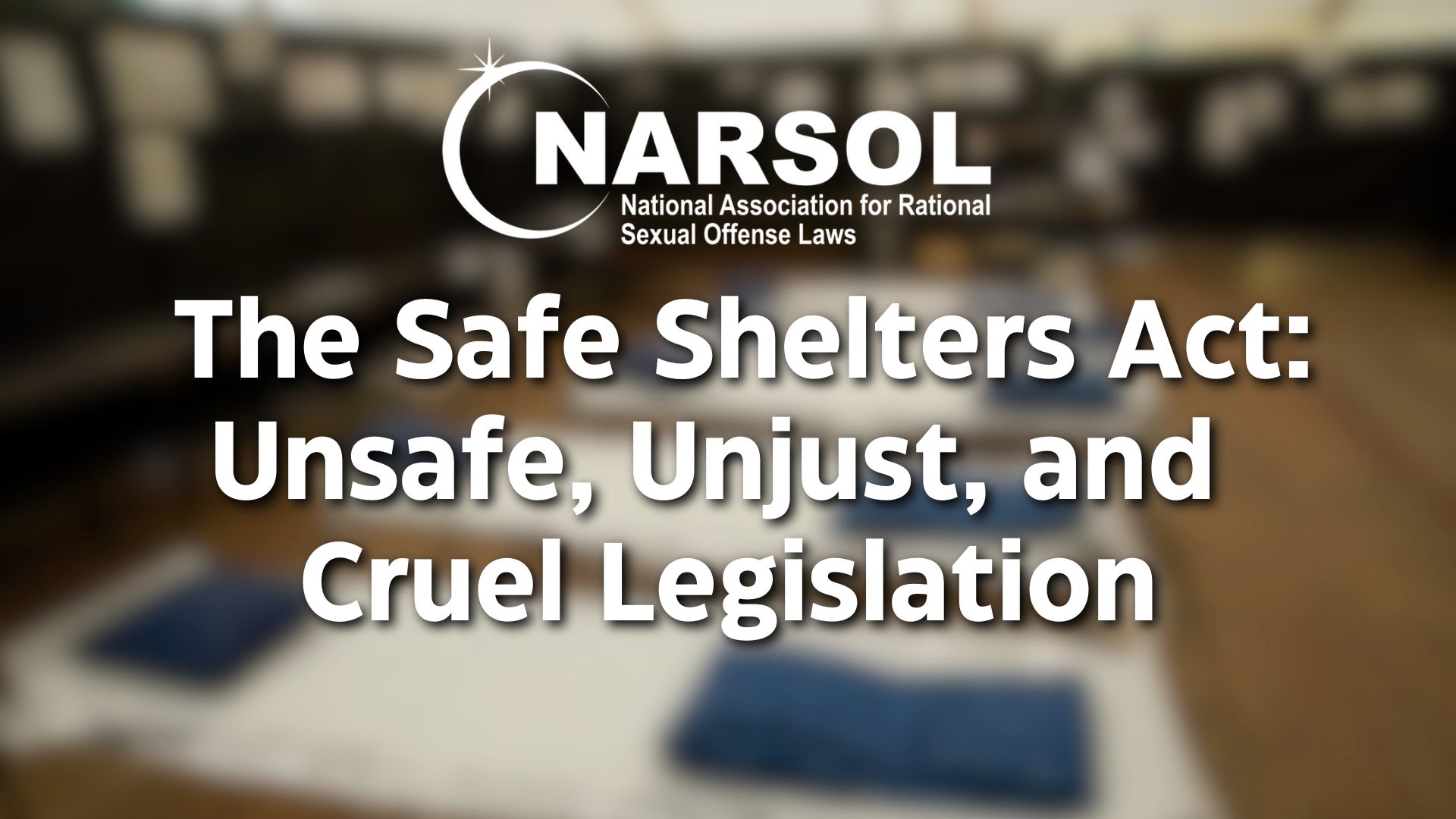Blanket internet bans for registered sex offenders unconstitutional argues New York CLU
By Jane Wester . . . In a suit filed Thursday in the Eastern District of New York, advocates argued that blanket bans on internet access for registered sex offenders under parole and post-release supervision in New York are unconstitutional.
“As a result of being unable to use the internet and social media, the plaintiffs struggle with the heavy burden of trying to navigate day-to-day life in a technology-dependent society,” lawyers with the New York Civil Liberties Union, Rutgers Law School Constitutional Rights Clinic, and Prisoners’ Legal Services of New York wrote in their complaint.
They sued the leaders of New York’s Board of Parole and Department of Corrections and Community Supervision on behalf of six registered sex offenders, arguing that broad, non-tailored bans on access to social media and the internet violate the First Amendment.
None of the six men were convicted of crimes that involved the internet, according to the complaint, and yet all of them face complete or near-complete barriers to access after release from prison.
The complaint cites the 2017 U.S. Supreme Court decision Packingham v. North Carolina, which found that social media is an important public forum under the First Amendment.
Molly Biklen, deputy legal director of the NYCLU, said the North Carolina law struck down in Packingham was less broad than the current law in New York.
Read the rest of the article here at Law.com/New York Law Journal.


